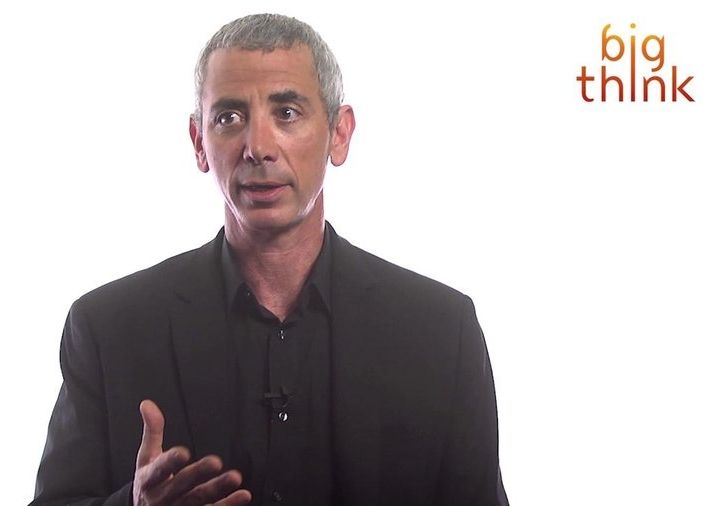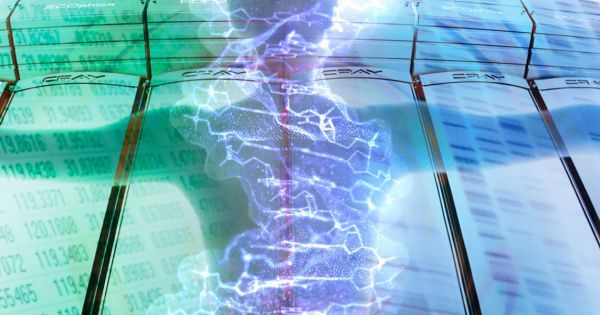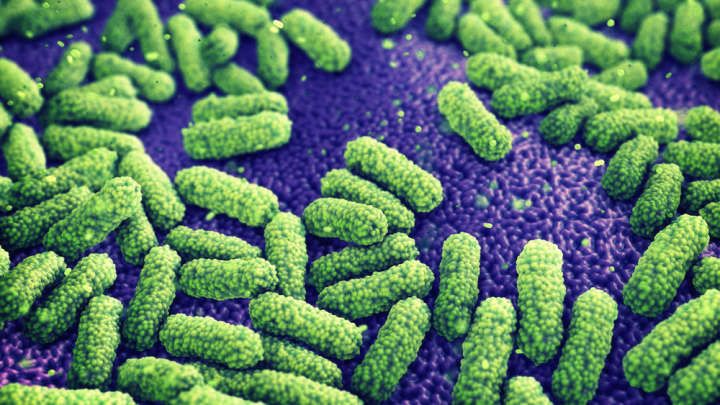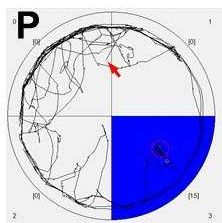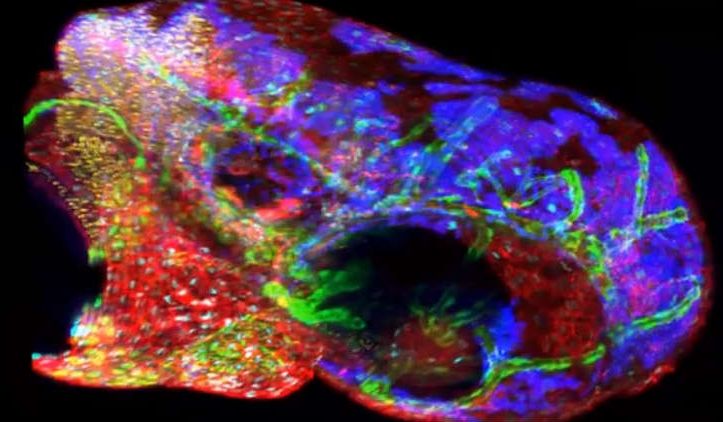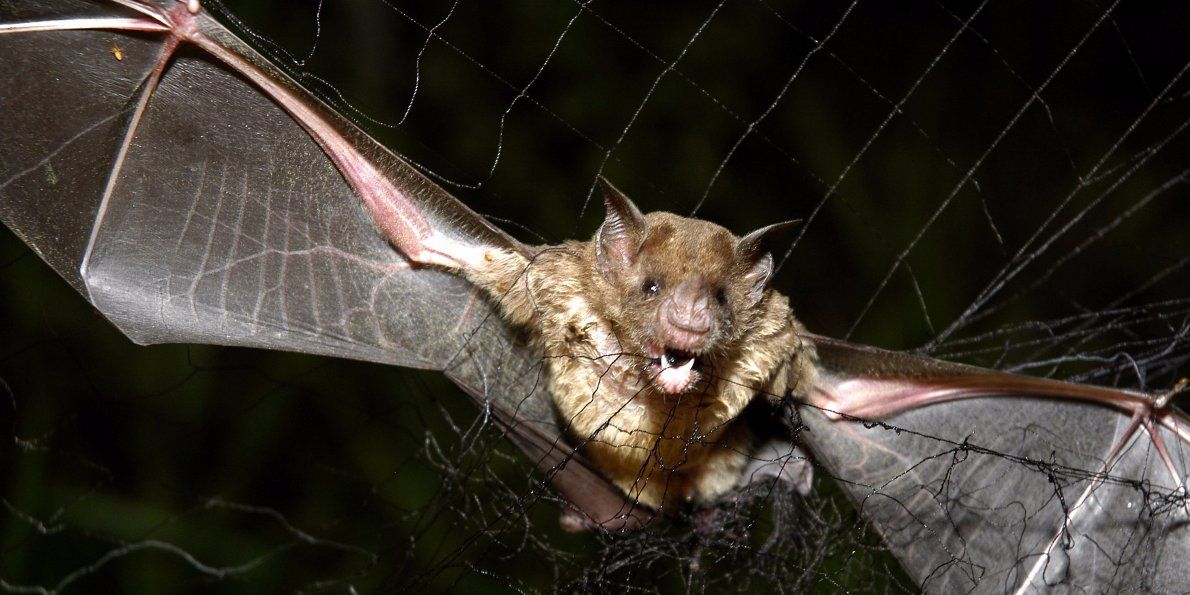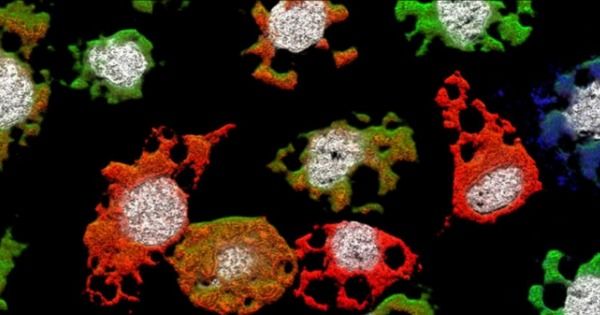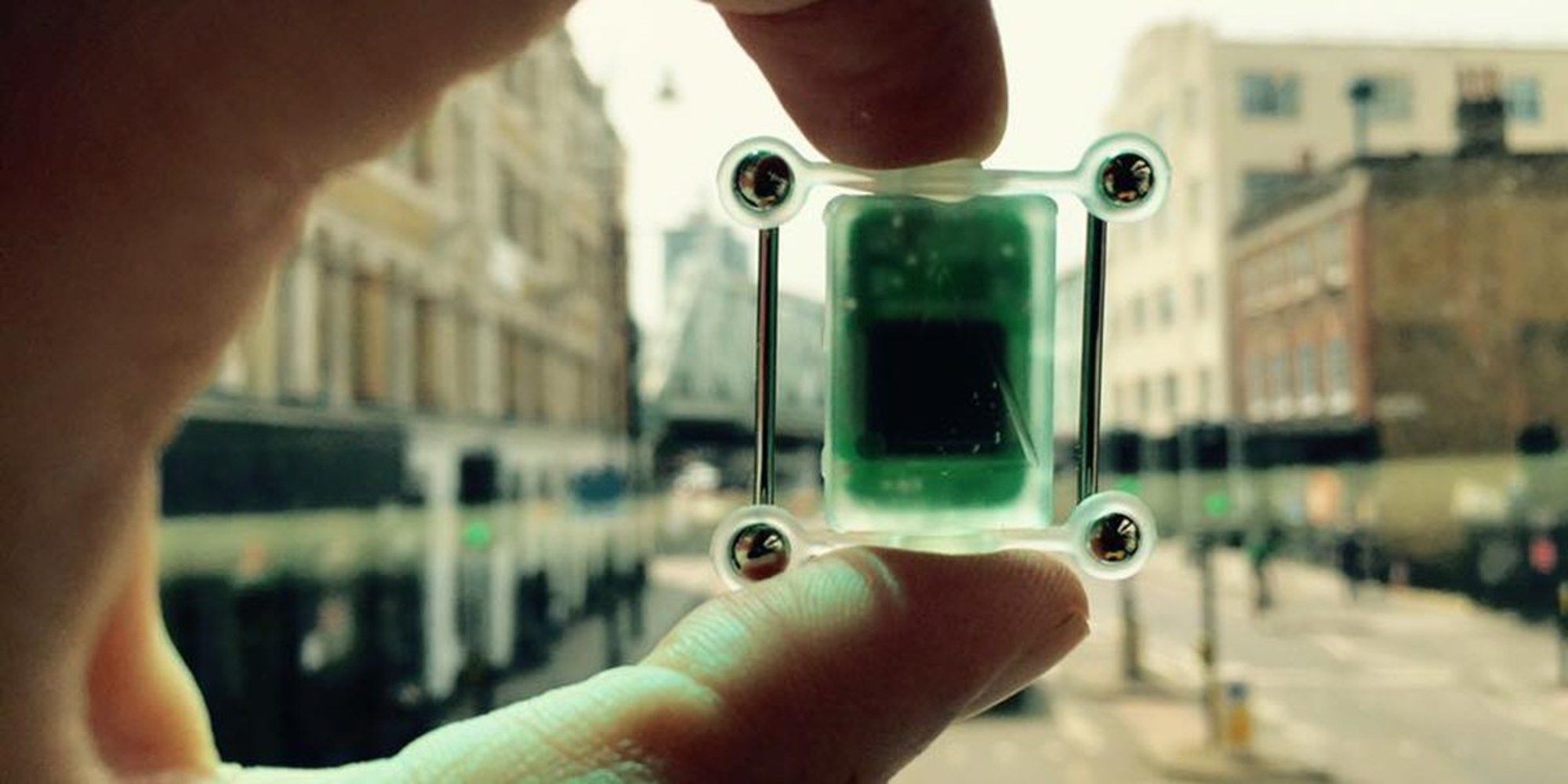Archive for the ‘biotech/medical’ category: Page 2477
Jan 16, 2017
End to Illness: Machine Learning Is Revolutionizing How We Prevent Disease
Posted by Shane Hinshaw in categories: biotech/medical, genetics, information science, robotics/AI
The TeraStructure algorithm can analyze genome sets much larger than current systems can efficiently handle, including those as big as 100,000 or 1 million genomes. Finding an efficient way to analyze genome databases would allow for personalized healthcare that takes into account any genetic mutations that could exist in a person’s DNA.
Jan 16, 2017
Woman In The US Dies After Infection From Bacteria Resistant To 26 Antibiotic Drugs
Posted by Bryan Gatton in categories: biotech/medical, health
Last year, doctors in the United States were unable to treat a patient infected with a bacterial strain that was resistant to 26 different antibiotics. After subjecting the bacteria to multiple tests, the doctors found it to be “resistant to all available antimicrobial drugs”, and the 70-year-old patient unfortunately died from the infection.
Detailed in a newly released Centers for Disease Control and Prevention report, the case highlights the significant threat that the emergence of highly resistant bacteria is becoming to global public health. The woman in the report was initially admitted to a hospital in Reno, Nevada, after she had returned from an extended trip to India with an infected swelling in her right hip.
After doctors conducted tests, they found she was infected with a form of carbapenem-resistant Enterobacteriaceae known as Klebsiella pneumoniae. Normally living in the gut without causing any issues, K. pneumoniae is opportunistic in its infection. It seems that in the case of the woman in this latest report, the infection entered the bone after a femur fracture in India, and then subsequently spread to her hip.
Jan 16, 2017
Flatworms lose their heads but not their memories
Posted by Shailesh Prasad in categories: bioengineering, biotech/medical, life extension
(Phys.org) —Tufts University biologists using new, automated training and testing techniques have found that planarian flatworms store memory outside their brains and, if their heads are removed, can apparently imprint these memories on their new brains during regeneration.
The work, published online in the Journal of Experimental Biology, can help unlock the secrets of how memories can be encoded in living tissues, noted Michael Levin, Ph.D., Vannevar Bush professor of biology at Tufts and senior author on the paper.
“As bioengineering and biomedicine advance, there’s a great need to better understand the dynamics of memory and the brain-body interface. For example, what will happen to stored memory if we replace big portions of aging brains with the progeny of fresh stem cells?” said Levin, who directs the Center for Regenerative and Developmental Biology in Tufts’ School of Arts and Sciences.
Jan 15, 2017
New 5D technique may help diagnose diseases from cell phone images
Posted by Karen Hurst in categories: biotech/medical, mobile phones
Very cool.
Scientists have developed a new 5D technique for analysing images, an advance that may make it easier to quickly find tell-tale signs of diseases from pictures taken using cell phones. Called “Hyper-Spectral Phasor” analysis, or HySP, it is much faster and far less expensive than current techniques, and may be useful for diagnosing and monitoring diseases by using cell phone images, researchers said.
Through the new imaging technology, researchers at the University of Southern California (USC) in the US have used fluorescent imaging to locate proteins and other molecules in cells and tissues. It works by tagging the molecules with dyes that glow under certain kinds of light – the same principle behind so-called “black light” images.
Continue reading “New 5D technique may help diagnose diseases from cell phone images” »
Jan 15, 2017
A type of vampire bat has started feeding on humans in Brazil for the first known time
Posted by Karen Hurst in categories: biotech/medical, food
For the vampire lovers out there. Very scary situation.
The bats should only consume bird blood, but as humans have started to move into the forests of northeastern Brazil, they’ve turned to new sources of food.
Jan 15, 2017
Cellular Reprogramming Rejuvenates Old Mice and Boosts Lifespans 30%
Posted by Klaus Baldauf in categories: biotech/medical, genetics, life extension
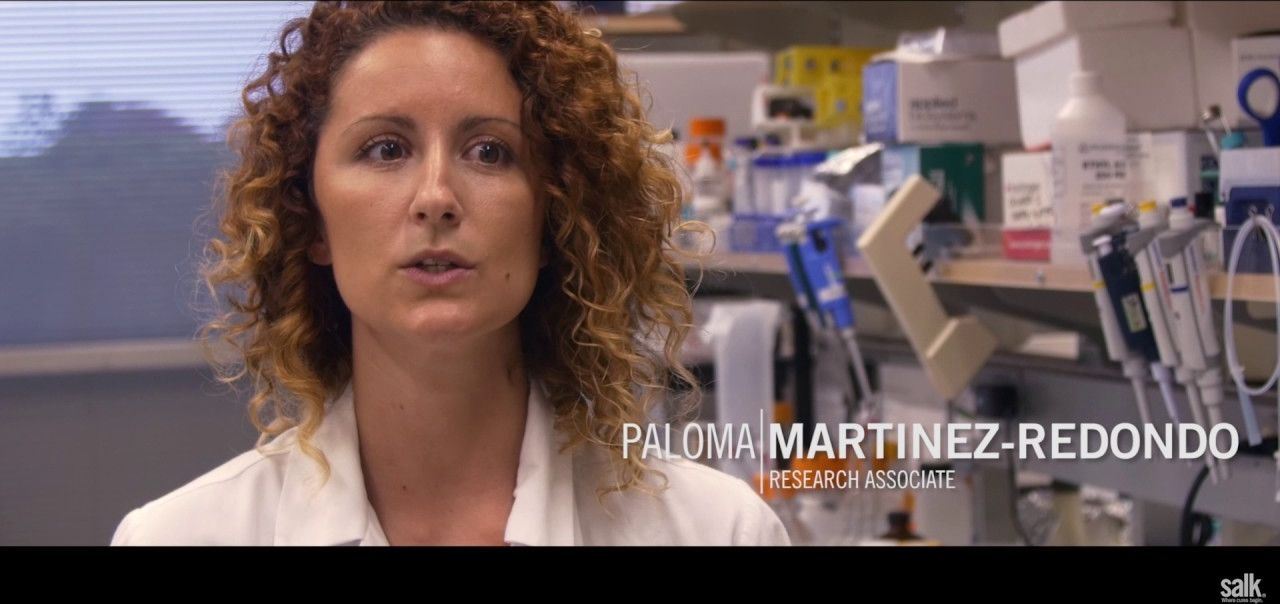
The quest for the fountain of youth is as ancient as humanity itself. Now, it appears scientists may have found the source.
Using a process designed to “reprogram” normal adult cells into pluripotent stem cells—cells that can transform into many different kinds of cells—researchers have managed to boost the life spans of mice by up to 30% and rejuvenate some of their tissues.
Continue reading “Cellular Reprogramming Rejuvenates Old Mice and Boosts Lifespans 30%” »
Jan 15, 2017
A Newly Discovered “Bizarre” Virus is Breaking the Rules of Infection
Posted by Shane Hinshaw in categories: biotech/medical, particle physics
In Brief A multicomponent virus is divided into a number of different pieces. In this respect, each one is packaged separately into a viral particle. One particle of each type is needed for cell infection. And there’s a new one impacting animals.
A new type of virus has been identified, and it’s so weird, it’s challenging long-held notions of what it takes for a virus to infect and proliferate in an animal host.
Conventional wisdom states that if a single virus manages to insert its genes into a cell, the host becomes infected. But what if you chopped up that virus, and tried stuffing the pieces into an animal cell separately? It wouldn’t work, right?
Continue reading “A Newly Discovered ‘Bizarre’ Virus is Breaking the Rules of Infection” »
Jan 14, 2017
Institute of Exponential Sciences D.N.A conference: Liz Parrish
Posted by Montie Adkins in categories: biotech/medical, life extension
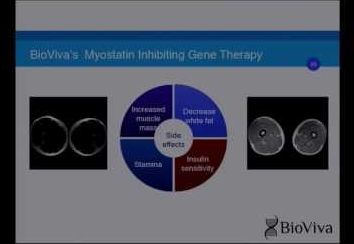
https://www.youtube.com/watch?v=a6s2qk_ILnU
I missed this one. A Liz lecture with what they do and about regulation questions from the audience.
The fourth speaker at the “Designing New Advances” conference hosted by the Institute of Exponential Sciences in Utrecht. Liz Parrish, CEO BioViva Sciences, talks about her work. Learn more about gene therapies and ageing diseases.
Jan 14, 2017
Body-Pierced Gadget Turns You Into a Human Compass
Posted by Bryan Gatton in categories: biotech/medical, evolution, internet, neuroscience, transhumanism
Liviu Babitz is not content waiting around for evolution to improve upon his human form. Like other transhumanists, Babitz believes that science and technology can take a person’s intelligence, physical performance and psychological state to the next level, all in less than the span of a single lifetime.
To that end, he helped develop North Sense, a small silicone gadget that detects magnetic north. This is not a GPS device, nor a tracker. It’s not even connected to the Internet nor any other network. This is a new sensory organ designed to be pierced to a person’s body and vibrate each time the wearer faces magnetic north.
The idea is that over time, the brain will assimilate the vibration into the everyday human experience, enhancing it. That will open a person up to a world that exists beyond his or her own current capabilities.
Continue reading “Body-Pierced Gadget Turns You Into a Human Compass” »
